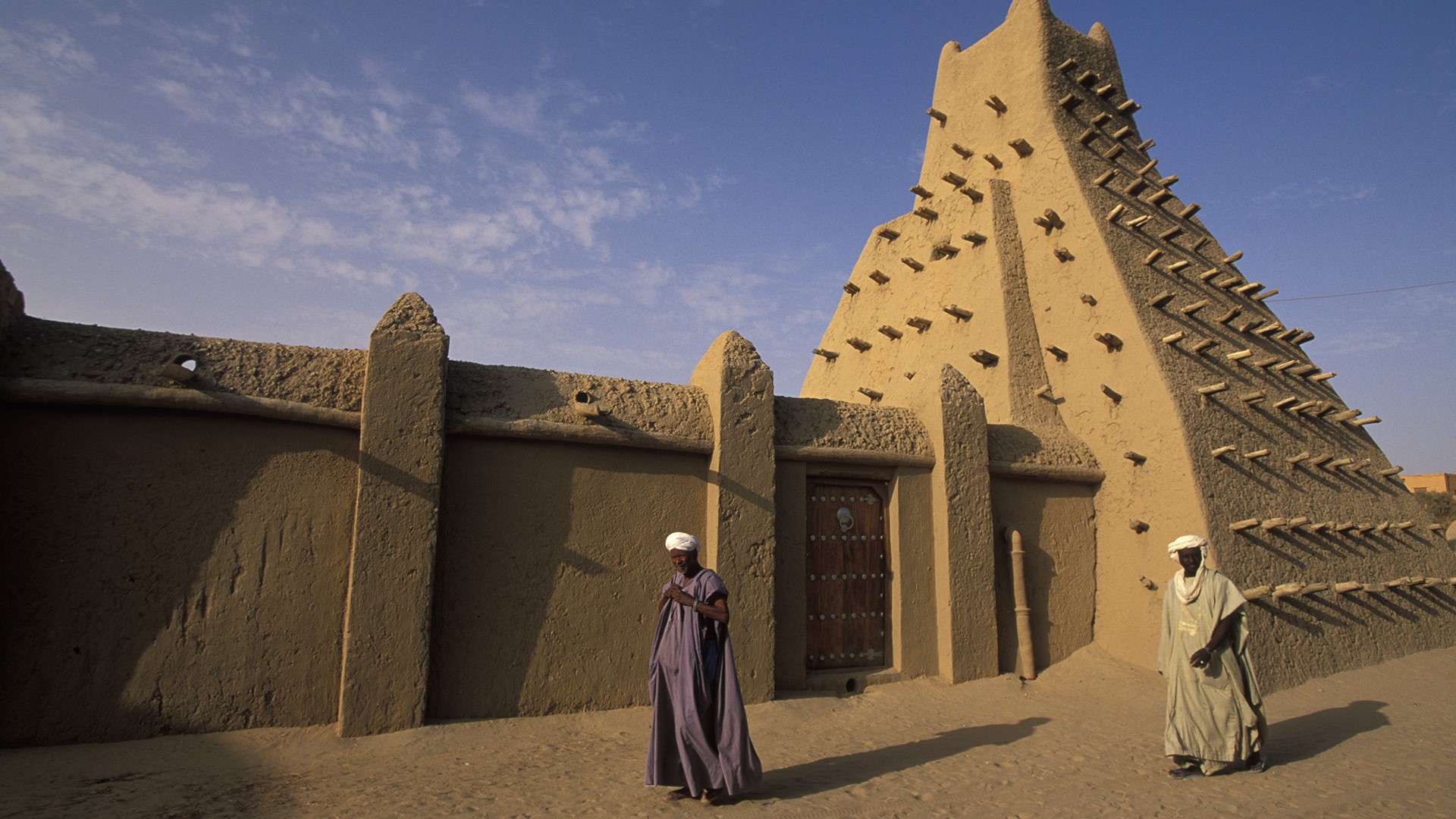The origins of Academia
Today, Unisa strives to embody a spirit of academia, or higher learning, that is rooted in diverse historic cultures and institutions of Western, Eastern and African origin.
The Western academic tradition is conventionally traced back to Ancient Greece, including Greek cities in Asia Minor (now Turkey). Here, philosophers sought to explain the world in a way that transcended myth, magic and superstition, and passed down their questioning, protoscientific mindset through their teaching and writings.
Later, the major world religions became homes for teaching and debate about the nature of the universe. In Africa, from the 14th to the 16th centuries, Sankore Masjid (also known as the University of Timbuktu) provided innumerable Islamic scholars with courses not only in religion, but also in mathematics, the natural sciences and medicine. Sankore Masjid also housed a collection of hundreds of thousands of priceless manuscripts. Similarly, in medieval Europe, literacy and scholarship were intertwined with religion, and universities grew from cathedral- or monastery-based schools.
The concept of academic freedom, possibly as old as scholarship itself, surfaces historically in a charter issued by the 10th-century Holy Roman Emperor Frederick I. The charter grants, among other rights, freedom of movement and travel for the purposes of study.
